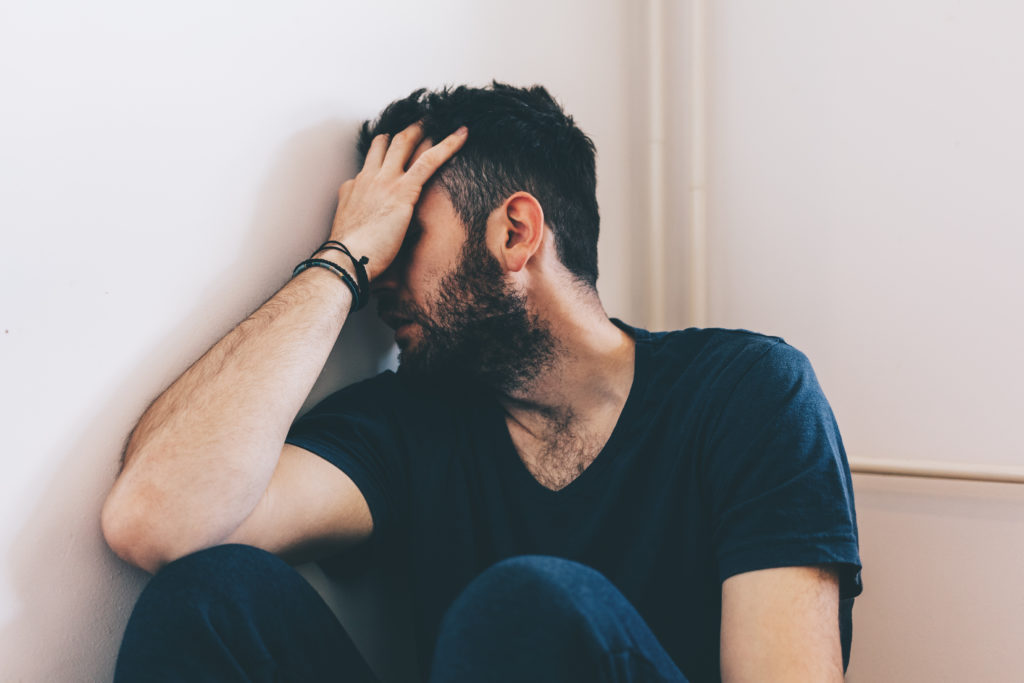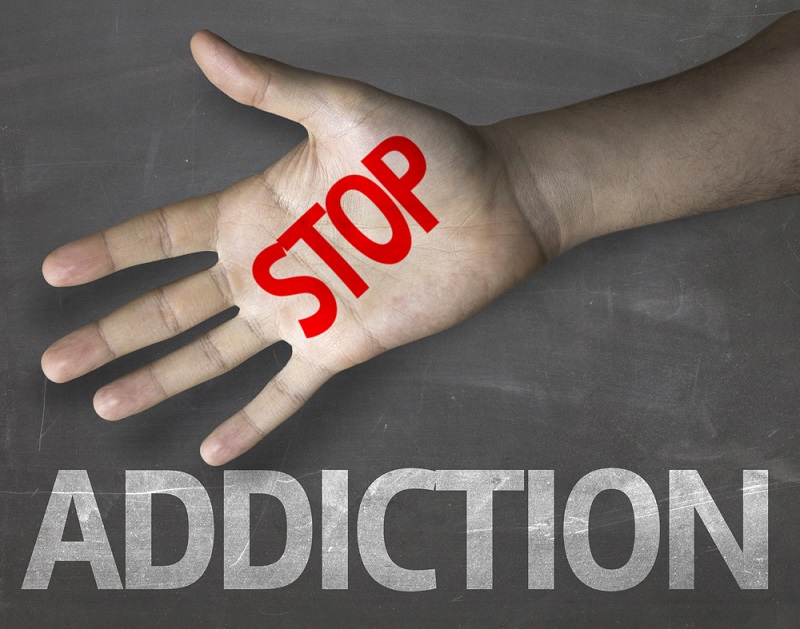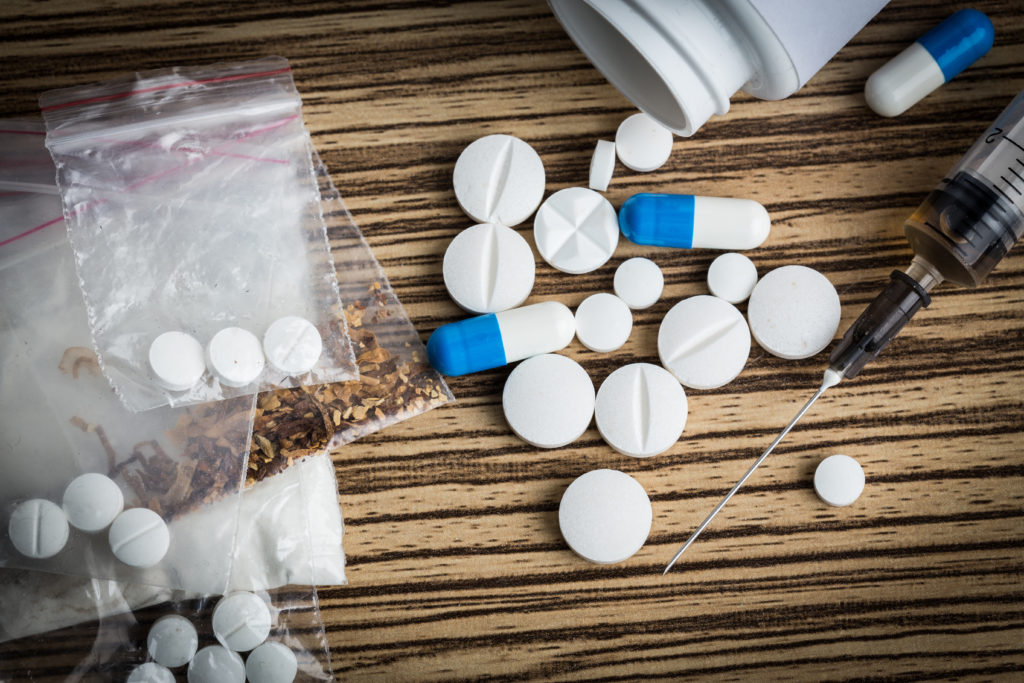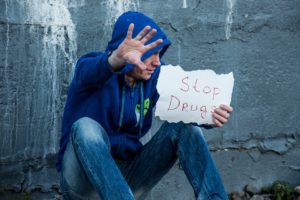Top Ten Signs of Drug Addiction
What are the Signs of Drug Addiction? How to tell if someone is on drugs? These are questions families often ask themselves when researching the warning signs of drug addiction or the signs of alcoholism. In a previous article, we discussed the Signs of Drug Abuse. As a result of the feedback from our readers, we wanted to provide the top ten signs of drug addiction.
What are the Most Common Signs of Drug Addiction?
What are the Signs of Drug Addiction? How can I tell if someone is using or abusing drugs? What can I do if I– or someone I love and care about– am experiencing drug addiction?
These are questions families often ask themselves when researching the warning signs of drug addiction or the signs of alcoholism. In a previous article, we discussed the Signs of Drug Abuse. As a result of the feedback from our readers, we wanted to provide the top ten most noticeable signs of drug addiction.
Many people tend to use drugs and alcohol for many reasons. Some of the main factors being peer pressure, curiosity, or as a means of having a temporary relief from the everyday stresses of real life. Drug addiction is not just a substance dependency. It is also a disease that affects the individual mentally, spiritually and physically which in turn begins to inhibit their ability to control how much of the substance they use.
Over time, things like physical dependence and tolerance develop. Therefore, a painful cycle of addiction begins.
Recognizing the signs of addiction can provide families as well as addicts and alcoholics resources to get help before the addiction become much worse.

Drug Addiction Signs
How can I tell if someone is using drugs?
Many people hear the word “drugs” and automatically think of the harder substances such as crack, cocaine, meth, marijuana, or ecstasy. However, drugs are much more than that. Drugs include alcohol, prescription opiates, over the counter painkillers, cough syrups, and even household cleaning products. In fact, on the list of the top ten most abused drugs worldwide, next to marijuana comes prescription painkillers. Prescription drugs cause more deaths on a yearly basis than car crashes or deaths due to violence, especially since pills are very easy to be obtained.
While merely using drugs or trying it for the first time is not a guarantee that you will become an addict, it is a sure step in the doorway as it opens up a new world. The first time one tries a drug of any kind is often the time in which they obtain the ultimate euphoric feeling which they tend to want to always feel. Now, this is when the real problem begins to form, as the individual will continue to take more and more of the drug in order to get the intended feeling, which will, in turn, begin to form tolerance then, later on, dependence.
The Top Signs of Drug Addiction
How to tell if someone is on drugs? Here are the top warning signs of drug addiction:
Drug Cravings
This is particularly the first step in identifying that one has a substance abuse problem. As craving begins to develop. It also starts to heighten to the point where one may begin to feel physically sick if they are not able to obtain the drug.
Someone who cannot go one night without drinking for weeks after a weekend drinking binge is an example of developing a drug craving.
Dependence
Dependence occurs after repeatedly taking a drug. Over time the brain and the body will become accustomed to having the substance and withdrawal effects may occur when the person does not have the drug in their body.
Say somebody smokes marijuana every day. They say, “it’s not addictive!” but in reality, it can become psychologically addictive. Although there aren’t many serious side effects of withdrawal from cannabis, there can be irritability, discomfort, nausea, headache or lack of appetite. This person smokes every day, and cannot seem to wake up and start their day without first smoking a “wake and bake” bowl of weed. This is drug dependence.
Tolerance
As time progresses and you or your loved one has grown accustomed to having a particular drug present in their system, they will require more substantial doses to achieve the same effect over time.
Here is an example of drug tolerance. A young woman who just had jaw surgery is in immense pain. Her surgeon prescribed her some heavy opiate painkillers to stave off some of the pain. However, over time, she finds herself wanting to take more of the pills at once, within a smaller timeframe. She does this because the smaller, usual dose of the opiates no longer give her the same effective pain relief she is seeking. Therefore, she takes more, which can actually be quite dangerous if unmonitored.
Withdrawal Symptoms
This is the stage in which, a drug addict may begin to feel physical and emotional signs of withdrawal that may become fatal for certain drugs. Withdrawal Symptoms can vary from drug to drug and in some cases extend over a considerable period.
The most dangerous drugs to withdrawal from during detox include alcohol, opiates, and benzodiazepines.
Imagine a person who has a long-term heroin addiction trying to get sober for the first time. This person tries to quit cold turkey but merely cannot bear the uncomfortable withdrawal symptoms. They feel absolutely sick to their stomach, can’t eat, constantly are in cold sweats, and their heart continues palpitating no matter what the try to do. This is heroin withdrawal, and it’s wisest to get help from a medical professional. Getting help through the very first stage of recovery can be far more transforming than trying to quit on your own.
Risky Behavior
A drug addict may find all ways and means to support their unhealthy lifestyle even if it means taking risks. If one does not have the collateral to maintain the lifestyle, then he or she will end up resorting to stealing or even lying to keep their habit.
Neglecting Priorities
Instead of spending quality time with family and friends, doing chores or finishing up projects for work or school, the time is spent either hunting for drugs or doing drugs.
Instead of spending your time constructively to experience personal growth, you feel stagnated by the obsession of where to get more drugs, feel high, or how to rationalize to your loved ones that what you’re doing on a daily basis isn’t anything to worry about. But really, you might be starting to worry about it!
Changes in Physical Appearance
As drug addiction begins to be an active part of an individual’s life, the short-term and long-term effects will also begin to take a toll on how one physically looks. The more active one is involved in abusing drugs of any nature, the eyes may begin to be affected such as causing them to have a very red, bloodshot effect or glazed with dilated pupils.
Depending on the type of drug that is abused, there may be changes in weight as well since taking drugs affects the diet. More often than not, when one is high on drugs, there is often a feeling of fullness and the individual does not feel hungry, thus causing severe weight loss. This case is especially true for users of meth or other stimulant drugs which suppress appetite.
Some drug abusers also stop taking pride in their appearance and personal hygiene. Usually, this includes wearing dirty clothing, excessive showers, not taking showers regularly and other noticeable changes in appearance.
Behavioral Changes
Abusing drugs can lead to all sorts of mental and behavioral explosions especially if the addict has a history of mental health issues. Behavioral changes that may surface as a result of drug addiction include severe depression and suicidal thoughts, dramatic habits, lethargy, and extreme irritation (especially when the individual is unable to get his or her fix).
Isolation
When drugs begin to take over the life of an individual, he or she begins to feel out of place within their normal environment and around those of which they are most familiar such as family and friends. They feel as if they have to keep their addiction habit as a secret so that they will avoid being outcasted. For this specific reason, mental disorders such as severe depression, anxiety or even paranoia may begin to develop.
Ironically, social isolation is only counterintuitive to attempting to get sober. When someone feels alone on their addiction issue, they feel shame. When they feel shame, they feel hopeless. One of the main requirements for successful recovery is hope. If you know someone who is struggling with addiction, offer them some hope. Try to encourage them out of their isolation.
If you personally are experiencing drug addiction, reach out. Whether that be to family, a trustworthy friend, or a team of recovering addicts, a community is essential for your support in recovery.
Changes in Social Circle
Rather than maintaining healthy relationships with persons who have your best interest at heart, the circle that you tend to associate yourself with becomes one that contains other drug addicts and persons with no motivation to become better off in life or to become sober. The new circle that has been developed is fueled by a group of persons who encourage an unhealthy lifestyle and are sometimes encouraged to experiment with harder substances or drug mixing.
Drug Use Warning Signs
Signs of Drug Use
Drug Addiction Signs
Physical Signs of Drug Abuse
Behavioral Signs of Drug Abuse
Signs of Meth Abuse and Signs of Cocaine Abuse
Signs of Xanax Abuse
Signs of Opiate Addiction
Signs of Shooting UpAlcoholism Warning Signs
What are the warning signs of Alcoholism
How do I know if I am an alcoholic?
What are the warning signs of alcoholism
Am I an Alcoholic?
What are alcohol withdrawal symptoms?
How do I know if I am an alcoholic?
Alcoholism Resources

Risk Factors for Drug Addiction
Drug addiction can affect persons of any age, gender, economic status or even ethnic background. An individual may be more at risk of abusing drugs if they have a family history of this nature then genetic predisposition may be involved, especially if you are closely related to an addict, i.e parents or siblings or if Alcoholism runs in the family.
Family also plays a dual role in the involvement of drug-related matters as well, aside from the fact that genetics may lead to addiction, a lack of family involvement may also play a role in affecting this habit as difficult family situations or having a lack of bond with parents, siblings or other relatives, may increase one’s risk of unruly behavior especially if there is no supervision involved.
Dual Diagnosis
There are also cases where dual diagnosis plays a major part in affecting one’s risk of forming a drug habit. Dual diagnosis simply means that the individual also has a history of mental health disorders while battling with addiction.
If an individual has a history of mental health disorders such as depression, ADHD, PTSD, or even anxiety, chances are, they have been to a doctor and have had medication prescribed to help with coping with these levels of illnesses which leads them to become more vulnerable to abusing said prescription drugs and opioids, as they would have built up tolerance and dependence over long-term usage.
Signs of Prescription Abuse
What are the signs of Prescription Addiction?
As ironic as it may sound, an individual who has been clinically prescribed a certain medication, especially antidepressants, painkillers (such as Vicodin and Oxycodone) or sleep aid medication, is at a higher risk than an individual who begins to abuse drugs off their own free will. These drugs pose a higher risk of being addictive since they are easy to be obtained through a prescription and individuals may start taking larger doses of more frequently than instructed as a means of getting high or feeling a greater effect.
When to Seek Help for Addiction?
If you have recognized any of the previously mentioned signs of drug addiction in yourself or a loved one, now is the best time to contact us before the situation progresses as this may become fatal and dangerous for not only the abuser but those around him or her. Drug addiction is a disease and once treated as soon as possible. If you or your loved one needs help contact our Addiction Hotline. The call is free and confidential.
There are many options today for people struggling with drugs and alcohol. If you notice signs of addiction or alcoholism in a loved one then it may be time to start considering a substance abuse treatment facility, drug rehab or even a residential drug rehab facility.





